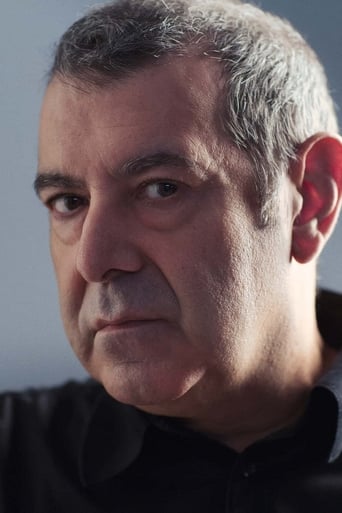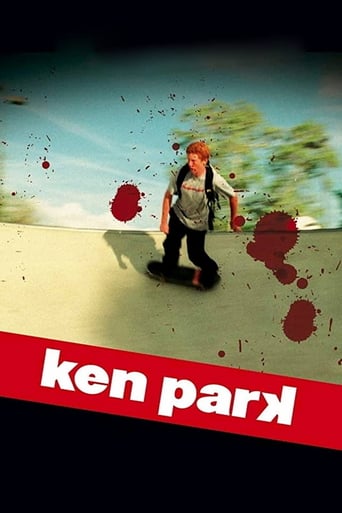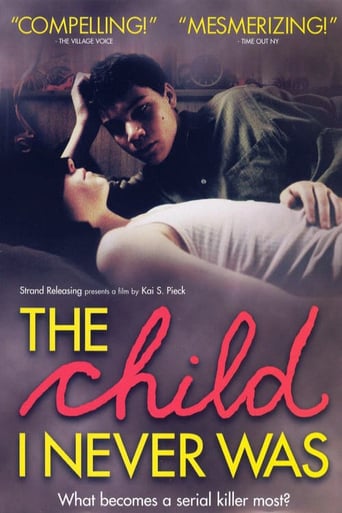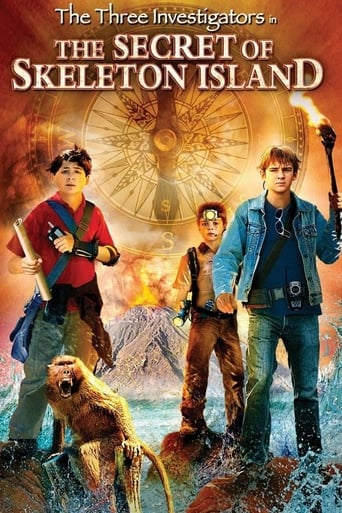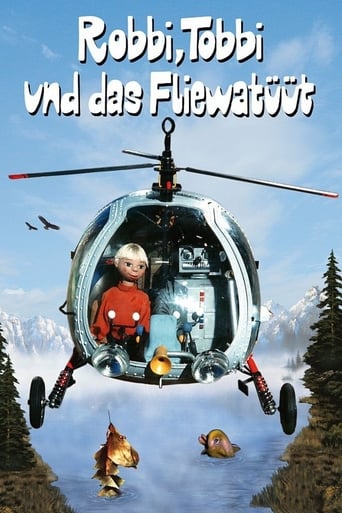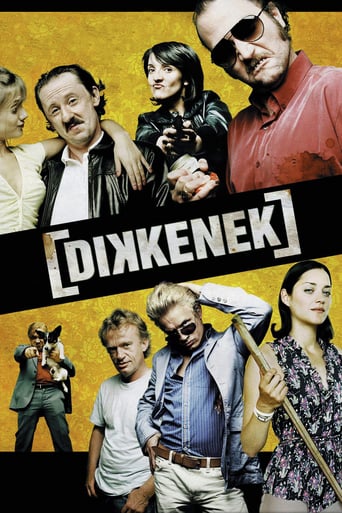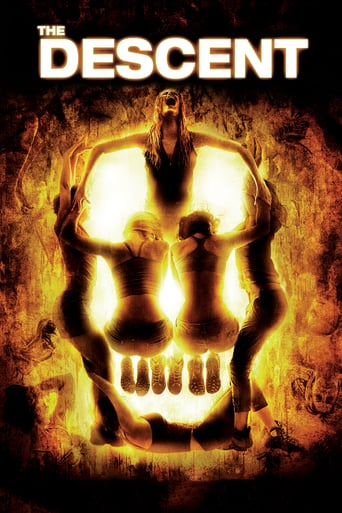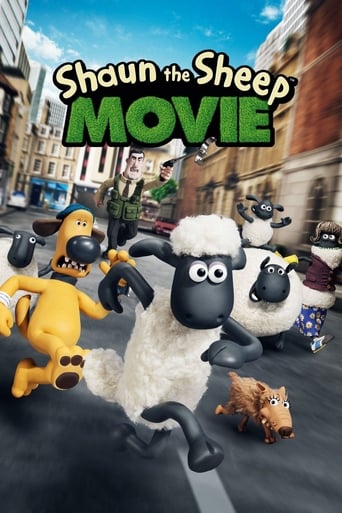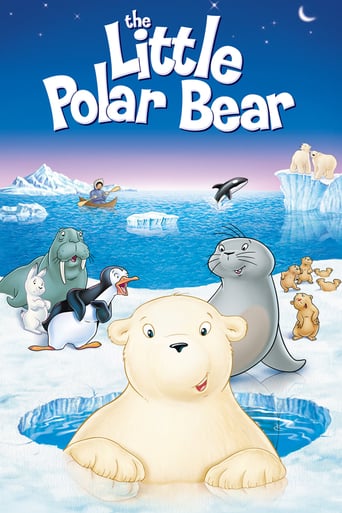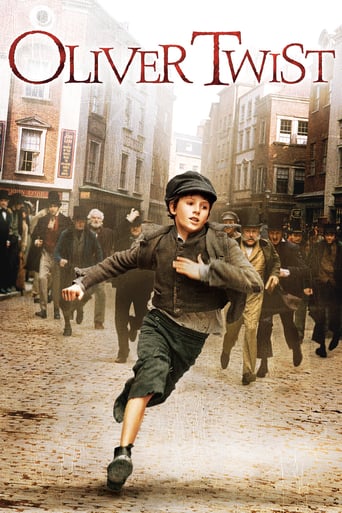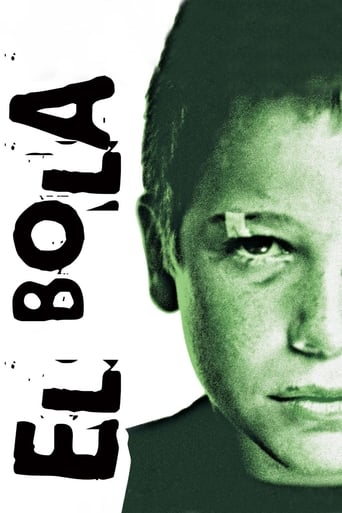
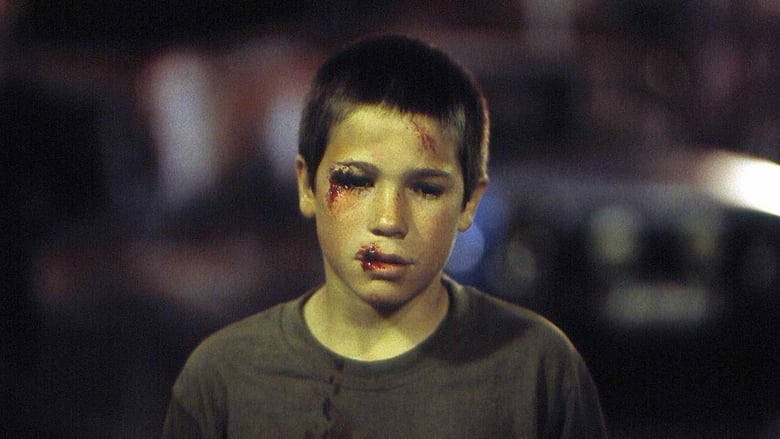
Pellet (2000)
El Bola is a 12-year-old boy raised in a violent and sordid environment. Embarrassed by his family life, he avoids becoming close to classmates. The arrival of a new boy at school changes his attitude towards his classmates and friendship. The heart of the story is the change in El Bola's life, at almost all levels, after befriending this new classmate.
Watch Trailer
Cast


Similar titles
Reviews
You won't be disappointed!
good back-story, and good acting
I really wanted to like this movie. I feel terribly cynical trashing it, and that's why I'm giving it a middling 5. Actually, I'm giving it a 5 because there were some superb performances.
It is a whirlwind of delight --- attractive actors, stunning couture, spectacular sets and outrageous parties. It's a feast for the eyes. But what really makes this dramedy work is the acting.
El Bola is a dramatic film directed by Acero Mañas, that tells the story of a twelve year old boy named El Bola, who is raised in a violent and unforgiving environment. This movie was released in New York City, on December 13, 2002 and is considered one of Acero Mañas' best films to date. As a result of Mañas' success, his movie won four Goya Awards that includes best film, best emerging director, best original screenplay, and best emerging actor. After watching this amazing film, there is no question as to why this film received so many awards and has become a favorite for many viewers. Pablo a.k.a. "El Bola" is a twelve-year-old boy who suffers abuse from his father. The reason he is called El Bola is because he carries a gold ball-bearing in his pocket for luck. However, due to his unfortunate circumstances it is possible that his ball-bearing actually represents stability and some protection given that he lives in a very vicious household. His violent family situation prevents him from having friends at school until the a new kid, Alfredo, arrives at his school. The warm, caring atmosphere in Alfredo's family juxtaposes Pablo's oppressive situation under his father. With the help of Alfredo, Pablo finds a different reality in his new friend's family who teaches him to confront with courage his worst fears.One of the key themes that this movie expresses is the breaking of the traditional family stereotypes. Many people believe that maintaining a traditional family is the correct way to live. However, I think that this movie opposes this idea. For example, in the movie there are two different families that live two completely different lifestyles. Pablo's family, although on the outside appears very traditional and normal, is actually filled with violence and hostility. Technically, Pablo's family does fit within the typical roles of a traditional family, that atmosphere and the relationships are very dysfunctional, but mostly violent. This family contrasts Alfredo's family, who most people would believe is more of the problematic family due to their carefree lifestyle and more rebellious appearance. Alfredo's father, José, is a tattoo artist and has many tattoos himself, along with his wife and Alfredo. The family is not religious and is very accepting with homosexuality, considering many of their friends are gay. However, as the film continues many family scenes show that they are more healthy, educational and possess a better family relationship than Pablo's family.
At a deposition, the son stares into the whites of the camera and informs on his father. When we first meet Pablo(Juan Jose Ballesta), he's playing a daredevil game by the track with some other boys. The possibility of a miscalculation with the oncoming train and their mad dash across the railway is what concerns us. That's what we fear may kill the boy, not his father. In the hardware store, Jose(Alberto Jiminez) talks to his blood employee with a terseness that puts a damper on the moment, but the boy seems to have grown accustomed to these severe exchanges. Pablo walks and talks around the store freely enough, without a quiver or hitch in his voice, or an eggshell in sight. Pablo doesn't act like a child who's been burned with cigarettes and forced to drink his own urine. In the deposition, he lies about his brother; the son that dad loved the best, the ghost that Pablo competes against. He tells the camera "that I should have died, and not my brother," which suggests the father's golden boy didn't perish before Pablo was born, contrary to what he told his schoolmate Alfredo(Pablo Gallan).In essence, Pablo is talking directly to the audience, his witnesses to the brutal beating that Jose dispenses after the boy lies about his whereabouts for a second time. Playing on our sympathy, Pablo makes claims against his father that "El Bola" fails to support, as evidenced by the boy's relative ease around his father. With great subtlety, when the fourth wall is broken, "El Bola" transforms Pablo into a narrator, a fallible one, because the father seems more like a taskmaster than an incorrigible child abuser.Perhaps "El Bola" was too overly concerned with presenting the father as a flawed man, a man still grieving over the death of his first-born, rather than an irredeemable monster like the Robert DeNiro character in "This Boy's Life". If he purportedly tortured his son with lit cigarettes and ridiculed him with names such as "idiot" and "f*****", however, Pablo wouldn't think twice about challenging the authority of such an unpredictable parent with a tendency to shoot first and ask questions later. At the dinner table, Pablo's reaction time is somewhat slow when he's asked to refrain from playing with a ball; and at the front door, his conversation with a friend continues long after he's told to either come inside, or continue gabbing out in the hallway. This show of defiance suggests that a stern lecture, not horrifically violent retribution is the more likely end result for such insubordination. Even the film itself, on a subconscious level, knows that Pablo's father is hardly the man that Pablo describes to the off-camera interviewer. When Jose approaches Alfredo's family to help him search for his runaway son, there's no accusatory outburst about the bruises on Pablo's face and body. If somebody felt that their son's friend was a battered child, the father wouldn't be accord him any cordiality or unconditional respect as they patrol the streets at night in the tattoo artist's car(Alfredo's father).But "El Bola" wants to end on a stirring note, so out from the mouth of a babe, pours out all this stored-up vitriol towards the man who always treated him like a consolation prize. If the film truly believes that Pablo's testimony is factual, then it misses the mark, because there's not enough supporting evidence to back up the boy's claims. The cynic who understands that children lie to get what they want(Pablo probably wants to live with Alfredo's family) will find "El Bola" more rewarding than the viewer with a bleeding heart(like the person who cries out "but what about the children?" as a response to any social ill). Be a cynic: be aware that "El Bola" switches from third-to-first-person narration when it matters the most.
Very simple movie, but so powerful, the type of movie you won't find in the theater near you,a little hidden treasure. Excellent cast and performances. A lesson in life growing up, of friendship, despair and hope. You do not want the movie to end, to me its a sign of something special. I see the game they are playing on the train tracks as a dare, but also a death wish, even as children they are playing a game that are similar to their way of life, comes the newcomer who has a normal upbringing and find the game stupid and refused to play it,shows the difference between the children depicted in the story, one raised by loving parents, the others living their life with no structure, no love, having to fight their own battles.
Great film. You'll recall classics like Truffaut's 400 BLOWS. There are scenes of such warmth and such brutal stillness, it made me want to reach into the screen and affect the course of these characters lives. A lot of assumptions I made about these characters were challenged along the way. It's rare that a film actually teaches you something about yourself. Phenomenal cast and director who deserved the Best Director and 5 Goya (Spanish Oscars) the film received. El Bola's abusive father was played to a perfect pitch by Manuel Moron as a cold, abusive father, turned sheepish when the outside world learns of his transgressions against his own son. You want to strangle him! Turns out it was a Spanish indie underdog that upset a lot of larger, bigger Spanish films. Like the other reviews say, be prepared to laugh, cry, and become infuriated. Definitely a film to check out and a director to watch!!!



